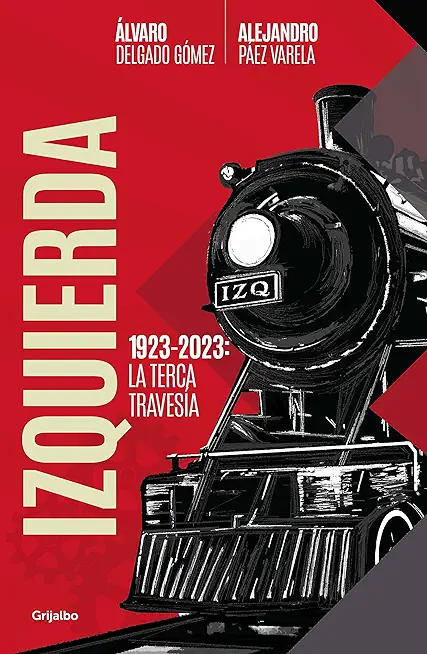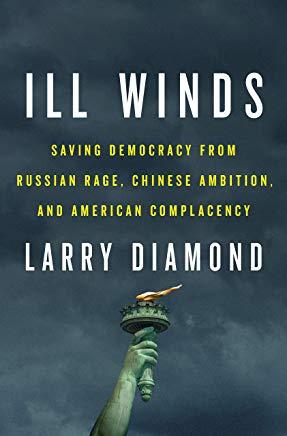
Páez Varela, Alejandro
product information
description
cuerpo maltratado de Ricardo Flores Magón avanzó sobre territorio mexicano. Hubo vítores, aunque pocos. La familia recurrió a donativos para trasladar desde Estados Unidos a uno de los más grandes revolucionarios mexicanos, muerto en cautiverio. El nuevo régimen elevaba a rango de mártir a Francisco I. Madero, pero regateaba el reconocimiento a un luchador social que había hecho posible la gesta armada. "Lo que urgía contar es que la izquierda mexicana no es producto de la generación espontánea, sino de la resistencia. Que ha sobrevivido durante décadas a la persecución de Estado, a la apropiación del discurso, a un partido (el PRI) que devoró la Revolución de 1910 para no verse obligado a cumplir sus postulados. Una izquierda que se justifica en la profunda desigualdad y en deseos de revertirla, de acabarla. Una izquierda que resistió a los asesinatos y la desaparición forzada, que durante un siglo se ha enfrentado a una corriente de pensamiento abrumadoramente dominante, hábil y acomodaticia: la derecha", dicen los autores en este nuevo libro que viene después de La disputa por México. "Nos urgía decir que tantos muertos y tantos movimientos reprimidos han quedado en la memoria colectiva a pesar de todos los esfuerzos por borrarla; que se ha generado una especie de linaje, uno solo, que se escapa del plural peyorativo. Es izquierda, puño en alto. Una sola izquierda. Con sus muchísimas faltas y errores; con sus héroes y villanos, corruptos e irreprochables. Izquierda que resistió fraudes electorales, matanzas y tortura; que muchas veces se ocultó en las cañadas o en las casuchas de madera en las sierras y que otras veces tomó plazas y zócalos y marchó, hasta desbordarse en las urnas." ENGLISH DESCRIPTION On January 1923, the train carrying Ricardo Flores Magón's mangled body moved along Mexican territory. There were cheers, but few. His family had to ask for donations to transport one of the greatest Mexican revolutionaries, dead in captivity, back from the United States. The new regime elevated Francisco I. Madero to martyr, but haggled any recognition to this social fighter, who made the armed deed possible. "What was urgent to tell is that the Mexican left is not a product of spontaneous generation, but of resistance. It has survived for decades the State's persecution, the appropriation of discourses, a party (PRI) that devoured the 1910 Revolution so it wouldn't be forced to keep its promises. A left justified in this deep inequality and a desire to revert it, to end it. A left that resisted murder and forced disappearances, that for a century has faced a new overwhelmingly dominant, cunning, and accommodative school of thought: the right," claim the authors in this new book, following The Dispute Over Mexico. "We had the urgency to say that so many deaths and so many suppressed movements have remained embedded within the collective memory, regardless of all the effort to erase them; to say that they have created a sort of lineage, only one, escaping from the derogatory plural. It is the left--fist up high. Only one left. With its many flaws and errors, with its heroes and villains, corrupt and blameless. The left that resisted election frauds, killings, and torture; the left that so many times hid in glens or hovels deep in the mountains, and on other occasions took squares and zocalos, and marched until it overflooded the urns."
member goods
No member items were found under this heading.
Return Policy
All sales are final
Shipping
No special shipping considerations available.
Shipping fees determined at checkout.







